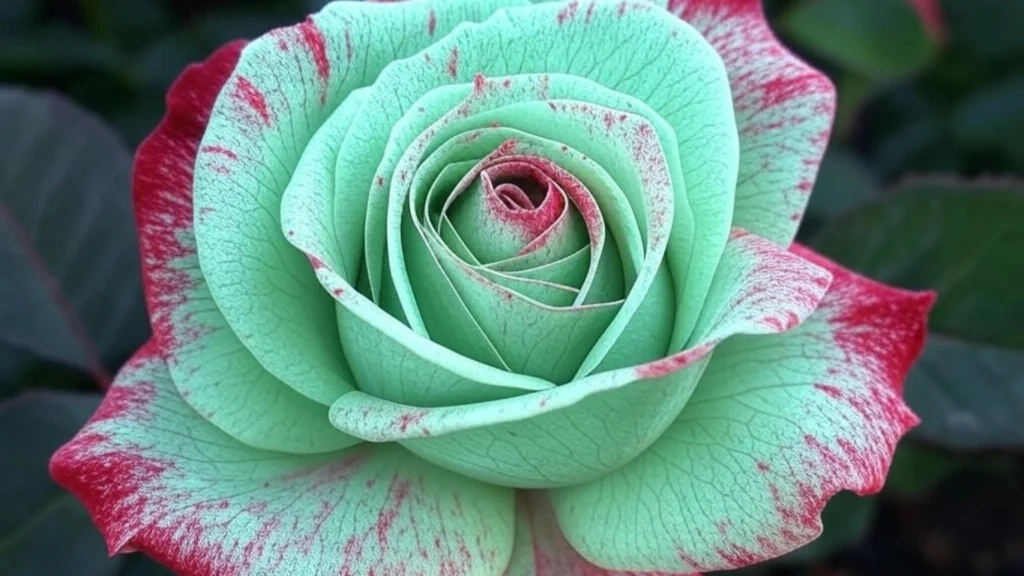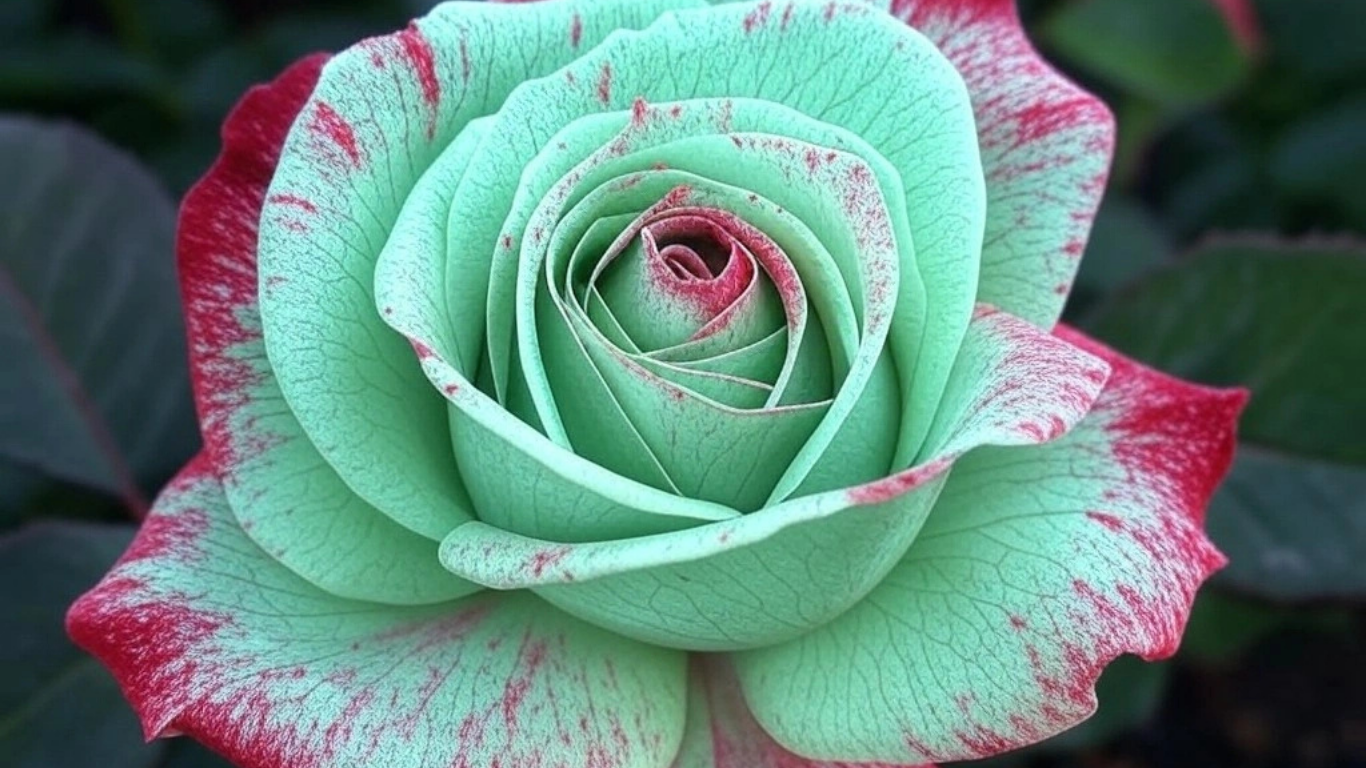
Growing beautiful, fragrant and healthy roses doesn’t require a arsenal of synthetic chemicals. In fact, organic rose gardening produces healthier, more resilient plants that bloom abundantly while supporting the environment. Whether you’re starting a new rose garden or transitioning existing plants to natural care methods, these proven organic techniques will help you cultivate stunning roses that thrive without harmful pesticides or synthetic fertilizers.
The foundation of successful organic rose care begins with understanding your soil’s needs. Before planting or amending your garden, consider professional soil testing for optimal rose nutrition to determine exactly what nutrients your roses require. This scientific approach eliminates guesswork and ensures you’re providing the right organic amendments for your specific soil conditions.
As more gardeners embrace sustainable practices, it’s helpful to understand organic gardening certification standards and how they apply to home gardens. While certification isn’t necessary for personal gardens, following these principles ensures you’re using the safest, most environmentally friendly methods for both your family and local ecosystem. Let’s explore ten essential organic tips that will transform your rose garden into a thriving, chemical-free paradise.
- Choose Disease-Resistant Rose Varieties
The cornerstone of organic rose gardening is selecting varieties that naturally resist common diseases. Modern disease-resistant roses like the Knock Out® series have revolutionized organic growing, offering stunning blooms without the need for constant chemical intervention.
For those who prefer classic beauty, consider these naturally hardy options:
Rosa rugosa – Extremely cold-hardy with excellent disease resistance
Rosa gallica – Ancient variety with natural pest resistance
Old tea roses – Thrive in warmer climates with minimal care
China roses – Heat-tolerant and naturally disease-resistant
When selecting roses for your organic garden, prioritize varieties bred for your specific climate. Northern gardeners should focus on cold-hardy selections, while those in humid regions need varieties with exceptional black spot resistance. Local nurseries often stock region-appropriate cultivars that have proven successful in your area’s conditions.
- Prepare Rich, Well-Draining Soil
Healthy soil is the foundation of thriving organic roses. These heavy feeders require nutrient-rich, well-draining soil with a pH between 6.5 and 7.0. Start by incorporating generous amounts of organic compost into your planting area, creating a living ecosystem that supports beneficial microorganisms.
Essential soil preparation steps include:
Mix in 4-6 inches of aged compost before planting
Add organic matter like well-rotted manure or leaf mold
Ensure proper drainage by amending clay soils with coarse sand
Test soil pH and adjust with lime or sulfur if needed
Create raised beds in areas with poor drainage
The double-layer mulching technique provides exceptional benefits: first apply a layer of nitrogen-rich material like mushroom compost, then cover with hardwood mulch. This combination feeds the soil while suppressing weeds and retaining moisture. Remember that living soil teeming with beneficial bacteria and fungi is your roses’ best defense against disease.
- Use Natural Fertilizers and Amendments
Organic fertilizers provide steady nutrition without the risk of chemical burn or environmental damage. Alfalfa meal stands out as a superior rose food, containing natural growth stimulants that promote vigorous blooms and strong canes.
Top organic amendments for roses:
Alfalfa meal – Apply 1 cup per large bush, ½ cup for smaller plants
Banana peels – Compost or blend for natural potassium and phosphorus
Epsom salts – ¼ to ½ cup per plant for magnesium and healthier canes
Bone meal – Excellent phosphorus source for root development
Fish emulsion – Gentle liquid fertilizer for regular feeding
Create alfalfa tea by soaking pellets in water for 2-4 days, then apply this nutrient-rich solution monthly during growing season. Avoid high-nitrogen fertilizers in early spring, as they can force rapid growth before plants have adequate energy reserves. Instead, focus on balanced organic nutrition that supports steady, healthy development.
- Master Organic Mulching Techniques
Proper mulching is crucial for moisture retention, temperature regulation, and weed suppression in organic rose gardens. A 2-3 inch layer of organic mulch creates a protective barrier while slowly decomposing to enrich the soil.
Effective mulching materials include:
Double-ground hardwood bark
Lucerne hay (alfalfa hay) for added nutrients
Aged wood chips (avoid fresh chips)
Composted leaves
Pine straw in acidic soil regions
Apply mulch in a donut shape around each plant, keeping it 3-4 inches away from the stem to prevent moisture-related diseases. This mulching technique also prevents soil splash during rain, reducing the spread of fungal spores. Refresh your mulch layer as it decomposes, typically adding new material twice yearly.
- Implement Companion Planting Strategies
Companion planting enhances your roses’ health by naturally repelling pests and attracting beneficial insects. Strategic plant combinations create a balanced ecosystem that reduces pest problems without chemicals.
Excellent rose companions include:
Pest deterrents: Garlic, chives, society garlic, lavender
Beneficial insect attractors: Sweet Alice, dill, coriander, yarrow
Ground covers: Catmint, lamb’s ear, hardy geraniums
Vertical partners: Clematis, climbing nasturtiums
Plant aromatic herbs like garlic and chives around rose beds to confuse and repel aphids and other pests. Meanwhile, flowering herbs attract parasitoid wasps and hover flies that prey on rose pests. This natural pest management system becomes more effective each year as beneficial insect populations establish.
- Practice Smart Watering Techniques
Proper watering is essential for disease prevention in organic rose care. Deep, infrequent watering encourages strong root systems while keeping foliage dry to prevent fungal issues.
Key watering principles:
Water early morning to allow foliage to dry quickly
Use drip irrigation or soaker hoses for root-zone watering
Provide 1-2 inches weekly, adjusting for rainfall
Water deeply to encourage deep root growth
Avoid overhead sprinklers except for occasional pest removal
Deep watering creates drought-resistant plants by encouraging roots to grow downward seeking moisture. During establishment, new roses need consistent moisture, but established plants benefit from slight stress between waterings, which promotes stronger root systems and better flowering.
- Natural Disease Prevention Methods
Preventing disease organically requires a multi-faceted approach combining cultural practices with natural treatments. Compost tea serves as both a foliar feed and disease suppressant when properly brewed using aerated methods.
Effective disease prevention strategies:
Air circulation: Space plants adequately and prune for openness
Compost tea: Apply weekly during disease-prone periods
Neem oil: Creates protective coating against fungal spores
Baking soda spray: 1 tablespoon per gallon water for black spot
Removal practices: Promptly remove infected leaves and debris
Organic neem oil applications form a protective barrier on leaves while being safe for beneficial insects when used correctly. For severe infections, OMRI-approved fungicides provide intervention while maintaining organic standards. Remember that healthy, well-fed roses naturally resist most diseases.
- Organic Pest Management Solutions
Integrated pest management (IPM) forms the basis of organic pest control, emphasizing prevention and natural controls over reactive treatments. Most rose pests can be managed without chemicals through vigilant monitoring and targeted interventions.
Natural pest control methods:
Aphids: Blast off with water or apply insecticidal soap
Japanese beetles: Hand-pick in early morning when sluggish
Spider mites: Neem oil or predatory mite releases
Thrips: Blue sticky traps and beneficial nematodes
Sawfly larvae: Hand removal or Bacillus thuringiensis
Encourage natural predators by avoiding broad-spectrum treatments that harm beneficial insects. Ladybugs, lacewings, and birds provide free pest control when given suitable habitat. For severe infestations, organic insecticidal soap or neem oil applications target pests while preserving beneficial populations.
- Proper Pruning for Organic Health
Strategic pruning promotes air circulation, removes disease vectors, and encourages vigorous blooming. Organic rose care emphasizes less severe pruning than traditional methods, maintaining more canes for increased photosynthesis and natural disease resistance.
Pruning guidelines for organic roses:
Spring pruning: Remove only dead, damaged, and crossing canes
Height maintenance: Prune to 3-4 feet rather than severely cutting back
Mass plantings: Shape entire groupings rather than individual bushes
Tool hygiene: Disinfect pruners between plants with 70% alcohol
Timing: Prune repeat bloomers when forsythia blooms
For rejuvenation pruning, cut neglected roses to 6 inches to force new basal growth. This radical approach sacrifices one season’s blooms for long-term plant health. Always make cuts at 45-degree angles just above outward-facing buds to promote open growth habits.
- Regular Monitoring and Maintenance
Consistent monitoring allows early intervention before problems escalate. Develop a weekly inspection routine, checking for pest activity, disease symptoms, and nutritional deficiencies.
Essential maintenance practices:
Weekly inspections: Check undersides of leaves for pests
Record keeping: Track treatments and results for improvement
Seasonal adjustments: Modify care based on weather patterns
Soil testing: Annual tests to maintain optimal nutrition
Tool maintenance: Keep equipment clean and sharp
Create a maintenance calendar noting application dates for fertilizers, pest sightings, and successful interventions. This documentation helps refine your organic program yearly. Remember that building resilience takes time – each season your roses become stronger and more adapted to organic care.
Frequently Asked Questions (FAQs)
Q1: How long does it take to see results with organic rose care? Most gardeners notice improvements within one growing season, but full benefits develop over 2-3 years. Initial seasons may show some pest and disease pressure as your garden’s ecological balance establishes. Patience pays off with increasingly healthy, resilient roses that require less intervention annually.
Q2: Can I convert my existing rose garden to organic methods? Absolutely! Begin by stopping synthetic chemical use and incorporating organic matter through mulching and composting. Transition gradually by introducing beneficial insects and companion plants while building soil health. Most roses adapt well to organic care when given proper nutrition and growing conditions.
Q3: Are organic roses more susceptible to diseases? This is a common myth. Organically grown roses often show superior disease resistance due to stronger cell walls from balanced nutrition and beneficial soil microorganisms. While you may see minor issues initially, long-term disease pressure typically decreases as your garden’s ecosystem matures.
Q4: What’s the best organic fertilizer schedule for roses? Feed roses monthly from spring through summer using alternating applications of alfalfa meal, compost, and liquid fertilizers like fish emulsion. Add Epsom salts in spring and mid-summer. Reduce feeding in late summer to help plants prepare for dormancy. Always base applications on soil test results.
Q5: How do I deal with severe pest infestations organically? First, identify the specific pest to target treatment effectively. For severe infestations, use organic insecticidal soap or neem oil following label directions. Release beneficial insects like ladybugs or lacewings for ongoing control. Sometimes accepting minor damage while populations balance is the best long-term strategy.
Conclusion
Embracing organic rose gardening creates a sustainable, beautiful garden that supports both plant health and environmental wellbeing. These ten tips provide a comprehensive framework for growing stunning roses without synthetic chemicals. While the transition requires patience and observation, the rewards include healthier plants, increased biodiversity, and the satisfaction of gardening in harmony with nature. Start implementing these organic techniques today, and watch your rose garden transform into a thriving, chemical-free sanctuary that blooms more beautifully each passing year.

